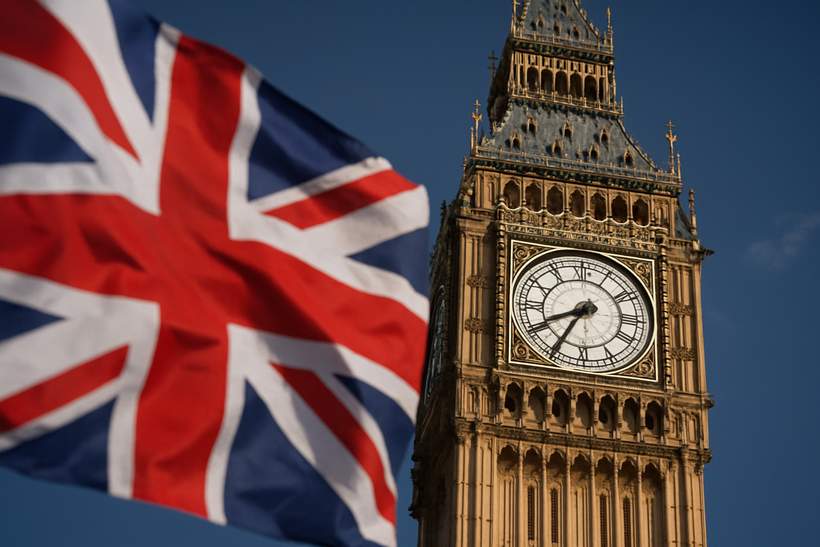UK Statutory Levy Raises Concerns for Gambling Harm Charities

Introduction to the New UK Gambling Statutory Levy
Charities dedicated to addressing gambling-related harm in the UK have expressed serious concerns following the introduction of a new statutory levy for gambling research, prevention, and treatment. Although gambling operators made their initial payments at the start of September, many charities report that they have yet to receive funds, and some fear they may not survive long enough to benefit from the new funding framework.
Threats Facing Smaller Charities
The levy, effective from September, mandates that gambling companies contribute to a centralized fund managed by government bodies including NHS England and the Office for Health Improvement and Disparities (OHID). The government aims for this system to create a more equitable and sustainable method for tackling gambling harm.
Nonetheless, many charities, especially smaller ones already struggling financially, warn that they might not endure the transition. According to a report by NEXT.io, the most vulnerable organizations are those with limited resources. For instance, The Alerts Group, which focused on lived experiences, has already ceased operations, while other groups have had to cut back services, reduce staff, or exhaust their emergency reserves.
As charities resort to temporary fundraising efforts to survive, they are forced to shift focus away from supporting individuals affected by gambling harm. Although government officials initially promised that funds would be distributed starting in October, many providers have received little information, leading to fears that the money may not arrive until the following year.
Government Measures to Support the Transition
To facilitate the shift from voluntary contributions to a compulsory levy, the government established a ��������������������������������������������������������������������������������������������������������������������������������������������������������������������������������������������������������������������������������������������������32.8 million fund last year, intended to ease the transition for frontline services like the National Gambling Support Network. Managed by GambleAware, the funds were reportedly all allocated, but some critics claim that the allocation lacked transparency and was insufficient.
Several charities have raised concerns about exclusion from these funds, particularly those still receiving industry funding. There are also accusations that GambleAware has withheld money, though the organization denies these claims. As GambleAware is scheduled to close in March 2026, smaller charities worry that the negative perception of industry funding may hinder their ability to secure future support as regulations become more stringent.
Concerns Over Financial Stability and Sector Outlook
Mark Simms OBE, chair of the Charity Commission, highlighted the serious financial risks facing many charities, noting that some are forced to consider restructuring their operations or services to survive.
With uncertainty growing as the new funding system rolls out, the sector faces an unclear future. For individuals already impacted by gambling harm, any interruptions in support services could have significant consequences. According to a senior charity leader, the current situation is both painful and frustrating, with many dedicated professionals feeling overlooked and let down during this challenging period.